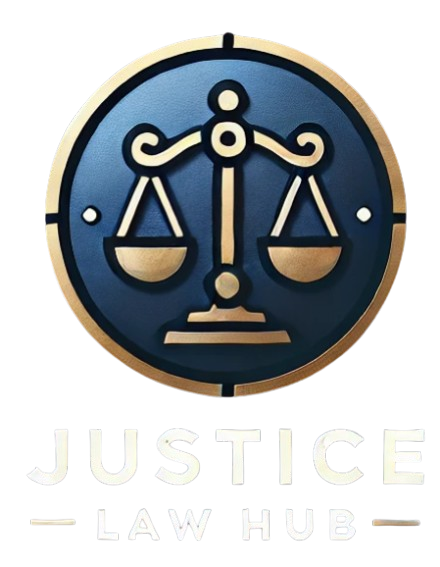If your wages are being garnished or you’re at risk of garnishment, deciding whether to hire a lawyer depends on your circumstances. Here are some important factors to consider:
What Is Wage Garnishment?
Wage garnishment allows creditors to collect a portion of your wages to repay debts. This process can occur under two main categories:
- Court-Ordered Garnishments:
- A creditor files a court case, obtains a judgment, and gets a court order directing your employer to withhold a portion of your earnings.
- Administrative Garnishments:
- Certain debts, like child/spousal support, back taxes, or federal student loans, can lead to garnishment without court proceedings.
Key Factors to Consider
When deciding whether to hire an attorney, evaluate these issues:
1. You Don’t Owe the Debt
If you’ve already paid the debt or believe it’s not yours, legal assistance is critical. Garnishments typically follow legal judgments or administrative determinations, making them difficult to dispute without evidence. A lawyer can help gather and present proof effectively.
2. Legal Fees vs. Debt Amount
If the cost of hiring a lawyer exceeds the debt owed, it might not be worth pursuing legal help unless there are extenuating circumstances. Transparent attorneys will provide an upfront estimate of their fees.
3. Excessive Garnishment Amounts
Federal law limits garnishments to 25% of your disposable income or the amount exceeding 30 times the federal minimum wage—whichever is less. If your garnishment exceeds these limits, you may challenge it, either with a lawyer or on your own if the cost is prohibitive.
4. Alternative Payment Arrangements
Many creditors prefer to work out voluntary payment arrangements rather than pursue garnishment. Negotiating directly with creditors is often possible, but an attorney can assist if you face challenges or want professional representation.
5. Employer Retaliation
Federal law prohibits employers from firing employees solely because their wages are being garnished. If you’re facing threats of termination, consult an attorney immediately.
6. Wage Exemption Abuse via Bank Accounts
Creditors cannot bypass wage garnishment limits by targeting wages already deposited into your bank account. If this happens, seek legal advice to protect your rights.
Bankruptcy as an Option
Filing for bankruptcy can halt most wage garnishments immediately, giving you financial breathing room. However, garnishments for child or spousal support will continue despite bankruptcy. Consulting a bankruptcy attorney may help determine if this is a viable option for your situation.
When to Talk to a wage garnishment attorney Lawyer
You should consult a lawyer if:
- You don’t owe the debt being garnished.
- The garnishment exceeds legal limits.
- You’re facing job loss due to garnishment.
- Creditors are garnishing bank deposits improperly.
- You need help negotiating with creditors or considering bankruptcy.
A debt settlement lawyer or bankruptcy attorney can help you navigate legal complexities, protect your rights, and explore options like repayment plans or filing for bankruptcy.
Need Professional Help?
Contact a debt settlement lawyer to assess your options. They can guide you on stopping wage garnishments, negotiating with creditors, or filing bankruptcy to regain control of your finances.
